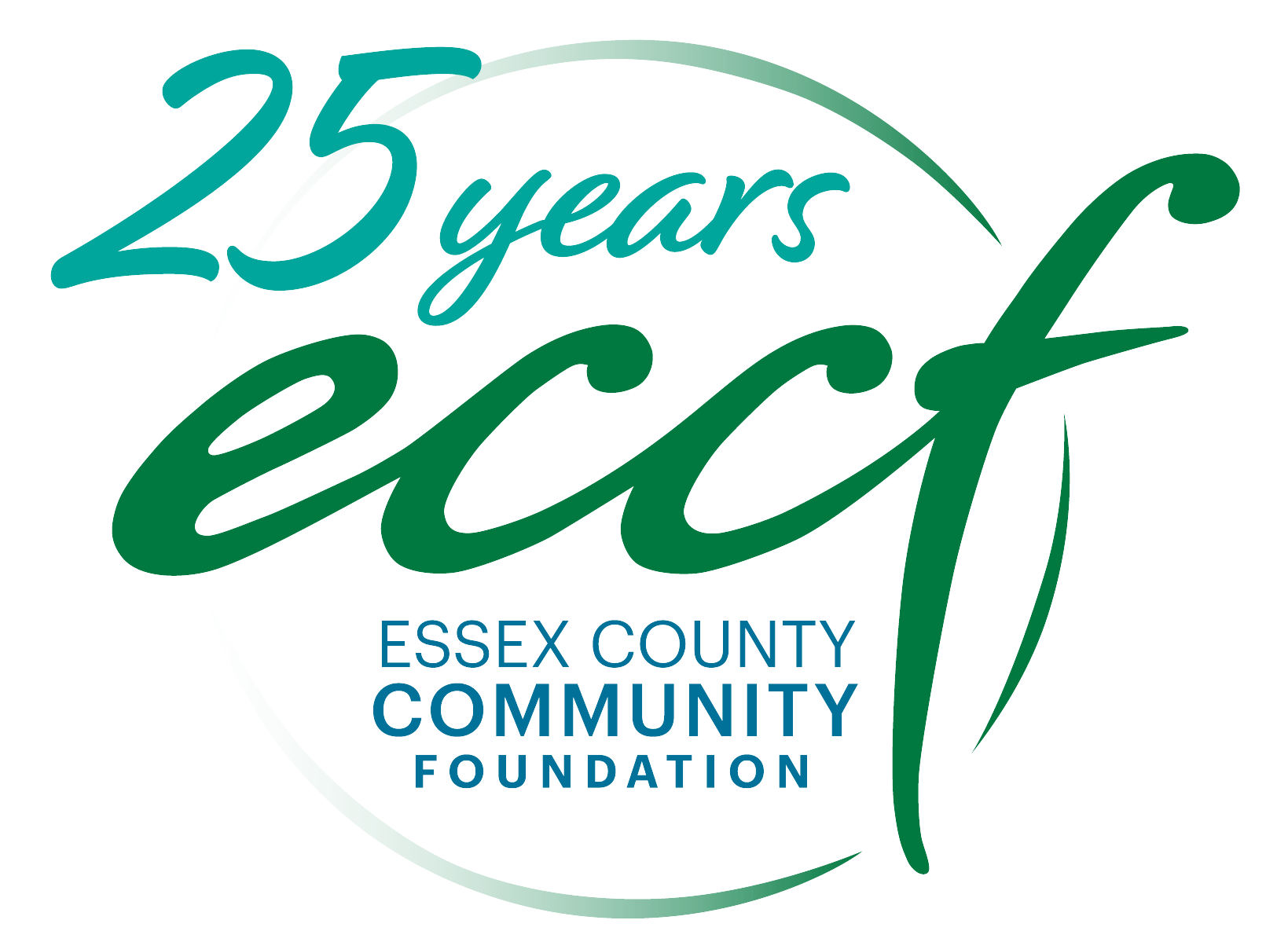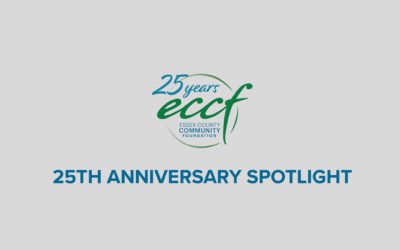By Michelle Xiarhos Curran
ECCF Communications Writer
Recent data from The Center for State Policy Analysis at Tufts University reveals that while many Essex County residents still lack access to broadband, some communities are faring better than others when it comes to connecting people through the Affordable Connectivity Program.
“We see an opportunity here,” said Kate Machet, ECCF’s director of strategic initiatives and government relations. “The data shows there’s still a need.”
The Affordable Connectivity Program, or ACP, is a federal program that subsidizes the cost of monthly internet service for eligible low-income households. It was launched in December of 2021 to replace the Emergency Broadband Benefit program authorized under COVID relief legislation.
The pandemic revealed just how wide the digital equity gap had become when all families were forced to learn and work from home amid lockdown orders.
The Tufts data, revealed at ECCF’s March meeting of the countywide Digital Equity Coalition, showed that new enrollments in the ACP have stalled in some communities while in most others, they have completely flatlined.
“Affordable broadband remains out of reach for too many people,” said Anthony Butler, consumer education and outreach specialist for the Federal Communications Commission (FCC), who was on hand at the meeting to talk about the ACP as part of ECCF’s continued to push to increase awareness about the benefit.
But signing up for the ACP can often be a cumbersome and lengthy process, a fact that Keith Boucher, co-founder of MakeIT Haverhill, an organization that focuses on workforce development, has discussed in previous coalition meetings. It’s one of the reasons that Boucher and his team are in the middle of a multi-phased pilot that leverages marketing, community outreach, on-site clinics, bilingual volunteers and collaboration with organizations like the Haverhill Housing Authority, to help enroll more residents. MakeIT Haverhill is documenting their process throughout in the hopes of helping other develop similar programs.
“Keith and his team have been doing this for six months and so there is a lot of learning to share out,” Stratton Lloyd, ECCF’s executive vice president and COO, said at the March meeting. “We like to share our learnings here at ECCF.”
Co-learning is one of the main objectives of the Digital Equity Coalition, established by ECCF during the height of the pandemic; 77% of members on the March call said they were interested in hearing more from MakeIT Haverhill about how to effectively support residents connect to the federal broadband benefit.
To learn more about the Essex County data from The Center for State Policy Analysis, or to join the Digital Equity Coalition, contact Kate Machet at k.machet@eccf.org.


